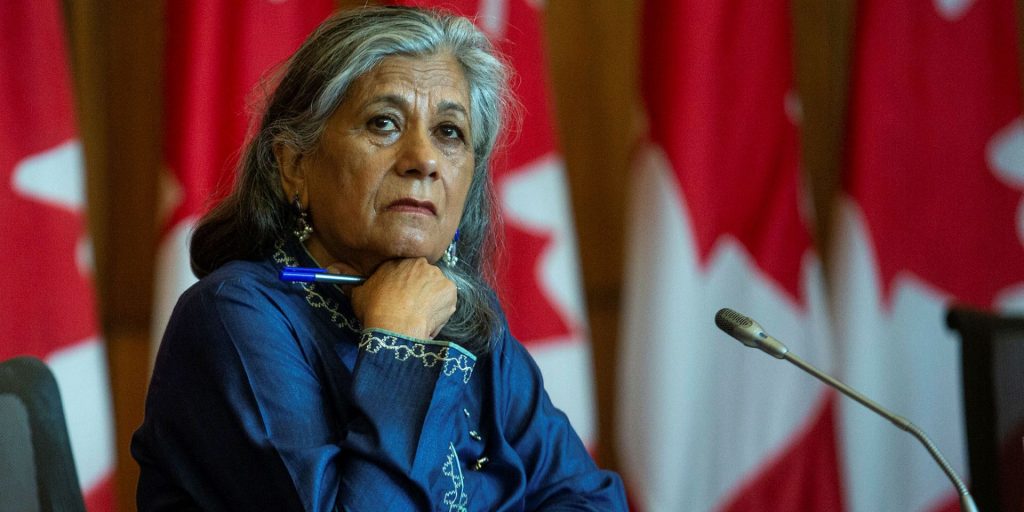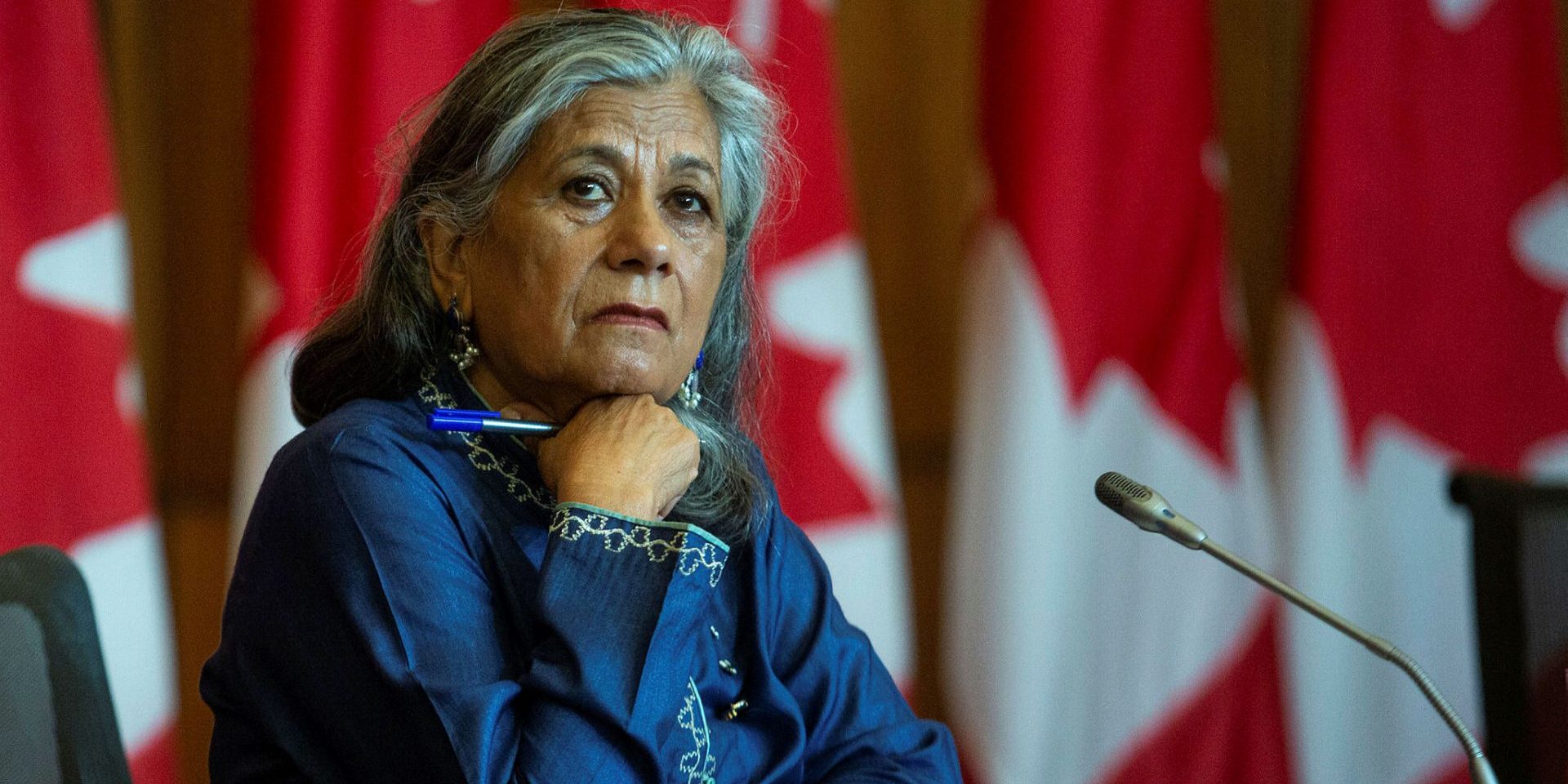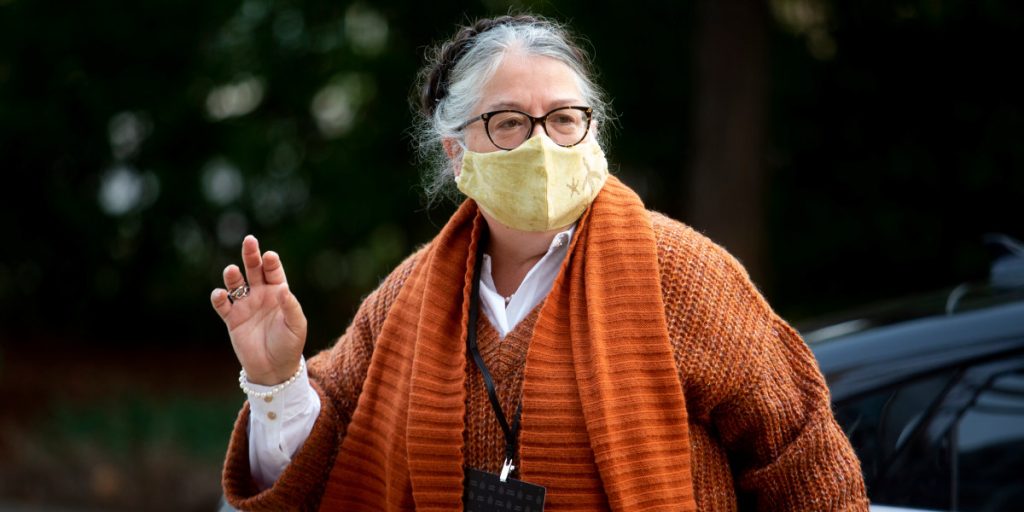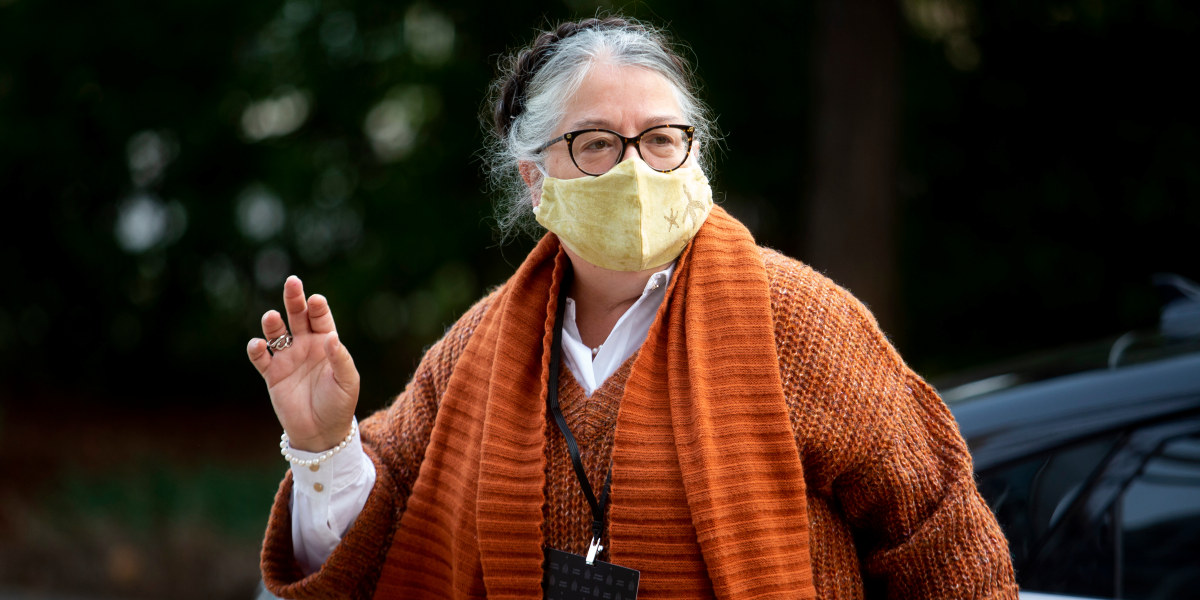- One of the key drivers of the primary care crisis is our failure to fully use the skills of internationally trained physicians already living
Opinion | BY ISG SENATOR STANLEY KUTCHER, INDEPENDENT SENATOR MOHAMED-IQBAL RAVALIA, INDEPENDENT SENATOR RATNA OMIDVAR, KAREEM EL-ASSAL | October 14, 2024
Opinion | BY ISG SENATOR STANLEY KUTCHER, INDEPENDENT SENATOR MOHAMED-IQBAL RAVALIA, INDEPENDENT SENATOR RATNA OMIDVAR, KAREEM EL-ASSAL | October 14, 2024
- One of the key drivers of the primary care crisis is our failure to fully use the skills of internationally trained physicians already living
Opinion | BY ISG SENATOR STANLEY KUTCHER, INDEPENDENT SENATOR MOHAMED-IQBAL RAVALIA, INDEPENDENT SENATOR RATNA OMIDVAR, KAREEM EL-ASSAL | October 14, 2024
- One of the key drivers of the primary care crisis is our failure to fully use the skills of internationally trained physicians already living










